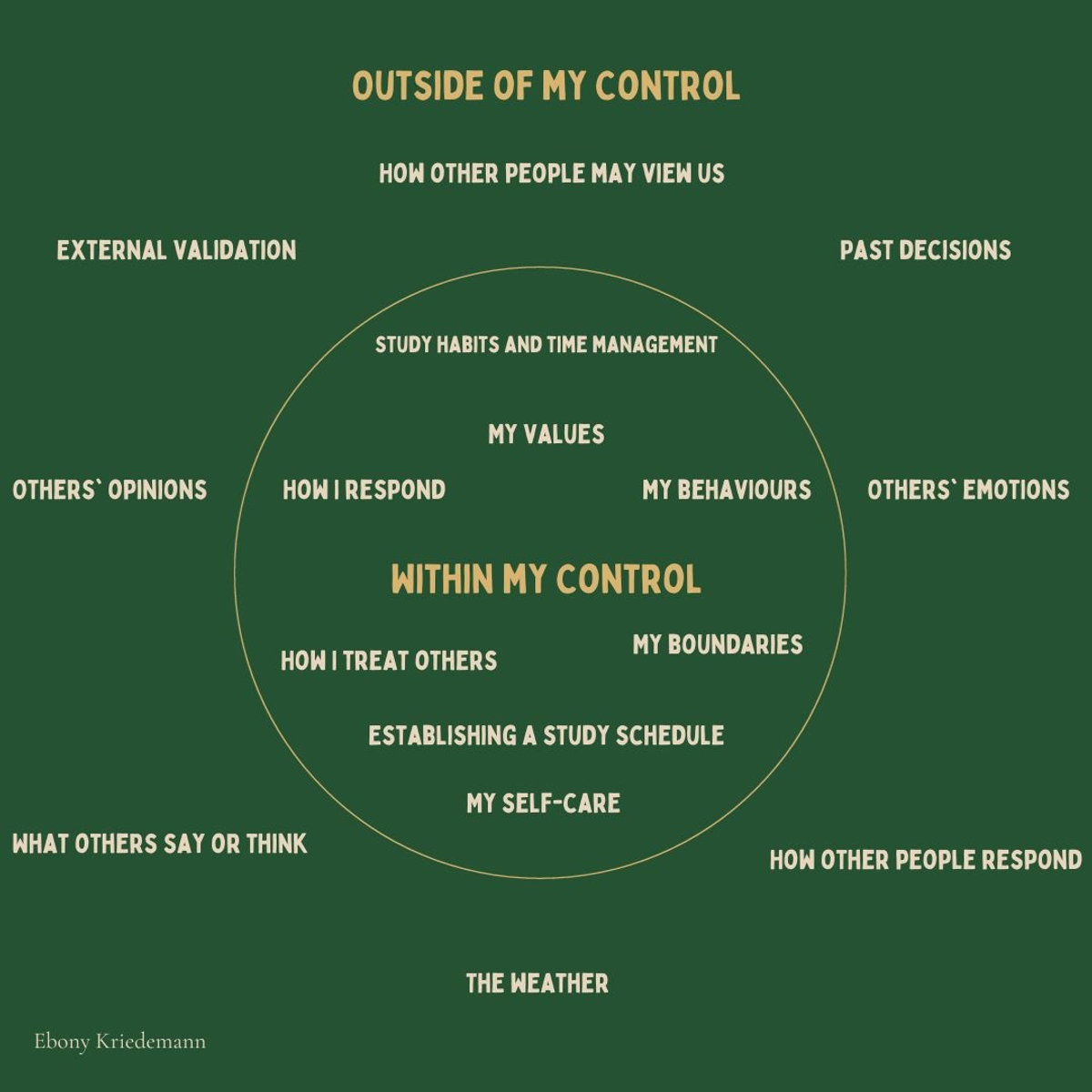Counsellor's Corner
Advice by Mrs Ebony Kriedemann

Counsellor's Corner
Advice by Mrs Ebony Kriedemann
As we approach the end of the school year, it is common for students to experience a touch of anxiety as they prepare for end-of-term exams and assessments. During this time, it is crucial to prioritise well-being to reduce stress, anxiety, and feelings of being overwhelmed.
First and foremost, it is really important to remember that feeling nervous is entirely normal. Throughout the year, we have absorbed a wealth of knowledge and skills, and the thought of recalling content, starting assignments, ensuring enough sleep, nourishing our body, nurturing social connections, and sticking to routines can absolutely be overwhelming.
Here are some key points to help you navigate this time if it is feeling like a challenge, especially if you are feeling overwhelmed and in need of extra support:
You Are Not Alone: Here at St George’s, your wellbeing is a top priority. If you ever find yourself struggling to understand the material, staying focused, or relaxing, please know that these are common signs of feeling overwhelmed. We are here to help, and no concern is too small. Reach out to a teacher or Head of Year who can guide you to the right support, whether it is related to academics, well-being, or both. Support is readily available for you.
Your Head of Year is available for a chat, and you are welcome to direct message them if you feel the need for academic support. Secondly, as your School Counsellor, I am here to support your emotional well-being at school. Booking with me is super simple - start by having a chat with your Head of Year, and they will get in touch with me to get the ball rolling.
Some Extra Support: Have you discussed options with your teachers or Head of Year to help boost your confidence in your learning? If not, now is a great time - options such as homework clubs and study sessions can provide an extra boost in grasping anything you might still be a little unsure about.
Self-Care: Self-care is like your personal superhero cape for mental and emotional well-being. Taking time for self-care helps you feel better, stay focused, and bounce back from stress. Remember to give yourself a break, practice positive thinking, and take care of your mind and body. It is your secret weapon for thriving in school and maintaining good health.
Now, for some practical self-care tips:
Remember, self-care is essential during busy school and exam periods. You are not alone, you have absolutely got this, and we are in your corner here to support you every step of the way.
The 'Circle of Control' is a tool that helps you focus on what you can and cannot control in your life.
Imagine drawing a circle on a piece of paper and dividing the page into two parts. In the middle of the circle, list things you have control over, like your study habits, attitude, and self-care. Outside of this circle, list things you can't control, such as the weather or the questions on an exam or test. By concentrating on the middle of the circle and taking action there, it can help us to manage our nerves and worries more effectively, by focusing on what is within our control.
Have a go at doing your own version of the circle of control!
Here is an example below:


Mrs Ebony Kriedemann
School Counsellor